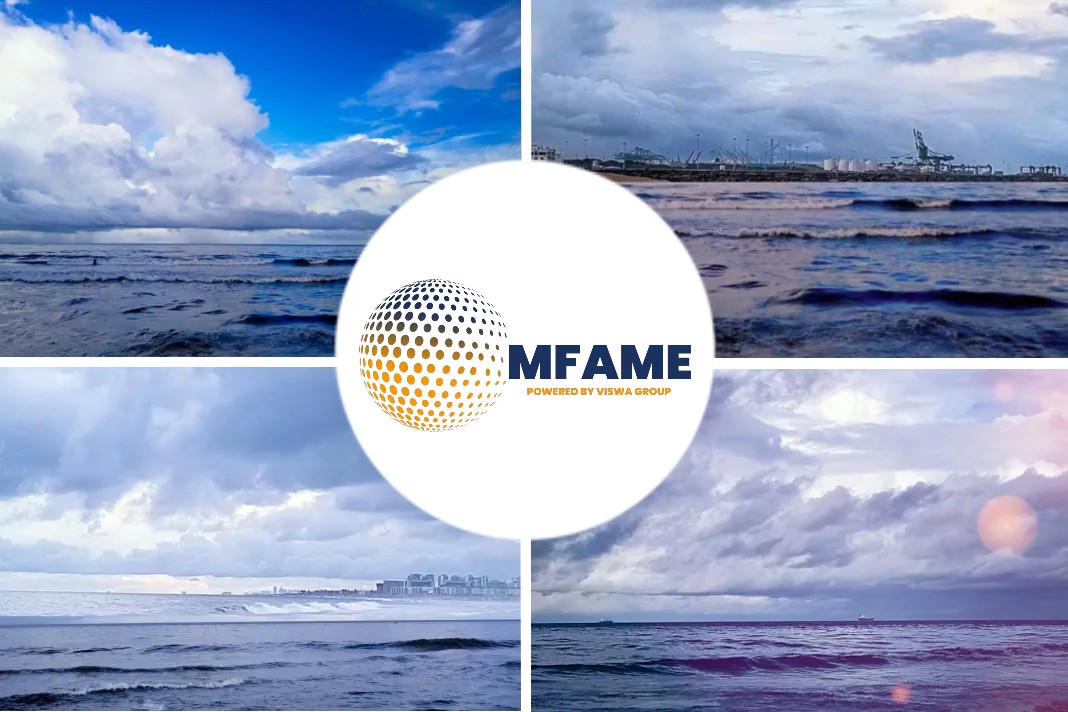According to a Freight Waves article, shippers and forwarders want more detailed explanations of the charges being levied by container lines as they phase in new low-sulfur bunker fuels ahead of the Jan. 1, 2020, International Maritime Organization deadline.
Difficulty in Understanding the Charges?
“It’s very difficult to understand the charges,” Jordi Espin, policy manager for maritime transport at the European Shippers’ Council, said. “There are so many different charges from lines that we need more explanation behind them.”
“At the moment shippers are just being served with fees and told they must pay for ‘sustainability.’”
“It is important that shipping lines, who are the ones facing this drastic change, invest effort in explaining how all these formulas translate into the real world. This is what we need,” Espin added.
The CEO of a leading Hong Kong-based forwarder told FreightWaves new liner charges were confusing. “We are bewildered,” he said. “It’s almost like they are designed to confuse. And they are totally different for each line.”
Passing Down Costs
“How are we supposed to pass these costs on to our customers and explain the amounts when we don’t understand them ourselves?”
Espin said he was concerned some lines could use the transition to low-sulfur fuels as a profit center. “Not all of them, but some of them might,” he told FreightWaves. “We have seen this before with BAFs (Bunker Adjustment Factors) and surcharges which sometimes seem to have been used to compensate for low rates, so it is something we’re watching.”
“We also can’t understand why there are charges now before the new rules are in place.”
Even before the attacks on Saudi oil fields drove up fuel prices, analysts estimated that the extra annual fuel bill for container shipping associated with the move to IMO 2020 low-sulfur bunkers would total approximately $10 billion to $15 billion. Given that the container shipping industry registered a total profit of circa $1.5 billion last year, lines are understandably eager to pass on the full costs of the hikes to customers. However, they have taken varied routes to covering the heightened costs.
For example, Taiwan-based Evergreen Line, a member of Ocean Alliance, will from Oct. 1 enforce an array of new low sulfur charges on U.S. shipments. Its Low Sulphur Fuel Charges (LSS and LSS/L) have also been replaced by a Low Sulphur Fuel Compliance Charge (LSFCC), now renamed the IMO Sox Compliance Charge (ISOCC).
The weekly price gap between CS 380 (IFO 380) and the new 0.5% Sulphur Marine Bunker Fuel will be used by Evergreen to establish separate charges for West Coast and East Coast All-Water Services.
Developing a Per Container Per Voyage Index
Evergreen said it would assess its fuel usage as a percentage of total voyage costs and factor in the imbalance ratio between Transpacific eastbound versus westbound and “other factors affecting fuel consumption,” using an average in “the interest of uniformity and price predictability.”
It will also use an index “based on averaging of carrier costs per container per voyage assuming specific fuel price levels.”
Buyer-Consumer Fragmentation
It is how these carrier-assessed costs are formulated and passed on to customers that is causing so much consternation among customers.
“The supply chain is so fragmented from the buyer to the consumer and by trade that a higher level of transparency is needed. Shippers need to know how all these factors that have a bearing on fuel usage are being passed on,” Espin said. “They are all taking very different approaches.”
How are the largest carriers coping?
A representative for Hapag Lloyd told FreightWaves the carrier would start using low sulfur fuel during Q4 and pass on its higher costs to customers via its Marine Fuel Recovery (MFR) mechanism. “The MFR, which will be reviewed quarterly – or monthly if fuel price fluctuations are above USD 45 per ton – takes into consideration various parameters such as the vessel consumption per day, fuel type and price, sea and port days, and carried TEU.”
Maersk will adjust its Bunker Adjustment Factor (BAF) based on the price of low sulfur fuels from Jan. 1 for long-term contracts of more than three months.
“For our spot business and shorter contracts of less than three months we will introduce an Environmental Fuel Fee (EFF), a mechanism to recover the extra costs of the more expensive IMO2020 compliant fuel,” said a spokesman. “On Sept, 11, 2019, we informed our customers about the mechanism, which takes effect on Dec. 1, 2019.”
“As with our Bunker Adjustment Factor (BAF) mechanism for long term contracts, the EFF is centered around providing predictability in calculating the price of shipping with Maersk.”
Did you subscribe to our daily newsletter?
It’s Free! Click here to Subscribe!
Source: Freight Waves


















